

Don't want to choose a Pandit?
Book a Package with Poojat
- Dakshina
- Pooja Samagri
Pandit for Satyanarayan katha


8015 Bookings


5817 Bookings


3229 Bookings
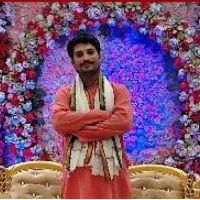

3398 Bookings
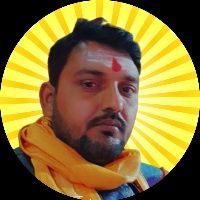

5451 Bookings
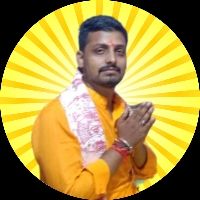

4357 Bookings
Confused ?
Which pandit to choose for your rituals? We can help you to decide for the best. Please share your details and our team will get back to you.
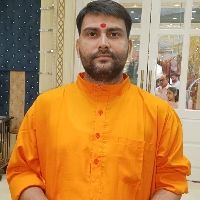

5027 Bookings
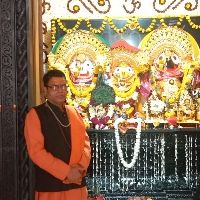

6713 Bookings
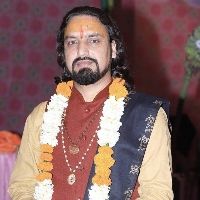

5515 Bookings
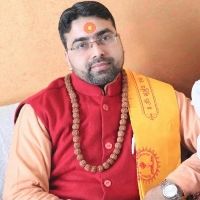

9561 Bookings
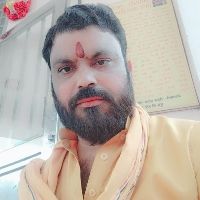

6239 Bookings


5618 Bookings


7898 Bookings
Pooja's FAQ
Yes, the puja can be performed by anyone with devotion and sincerity. There are no specific restrictions based on caste, creed, or gender.
Fasting on the day of the puja until the completion of the ritual is a common practice. However, it's not mandatory and may vary based on personal beliefs and health conditions.
Performing the puja is believed to bring positivity, peace, success in endeavors, and fulfillment of wishes. It's also considered auspicious for starting new ventures.
On an avarage it takes around 2 hours to perform the Pooja how ever duration can vary depending on the customs followed by different families. It usually takes a few hours to complete, including the storytelling, rituals, and distribution of prasad.
Certainly, you have the flexibility to alter the date and time of the pooja. Kindly get in touch with POOJAT customer care for coordination.
After booking a pooja with a pandit or temple, you will receive the pandit's contact number in the booking section. Feel free to reach out to confirm details and discuss any specific requirements.
The benefits of Satyanarayan Puja include seeking the blessings of Lord Satyanarayan for prosperity, peace, and fulfillment of desires.
While there are no rigid rules, it is recommended to perform Satyanarayan Puja with sincerity, devotion, and a pure heart. Observing a fast on the day of the puja and maintaining a positive and respectful attitude are often emphasized.
Feel free to contact the pandit for guidance on samagri and other arrangements by making a call.
Satyanarayan Puja is often performed on special occasions such as weddings, housewarming ceremonies, birthdays, and other significant milestones. Additionally, it is common to perform this puja on the full moon day (Purnima) or during the month of Kartik.
 Add Temple
Add Temple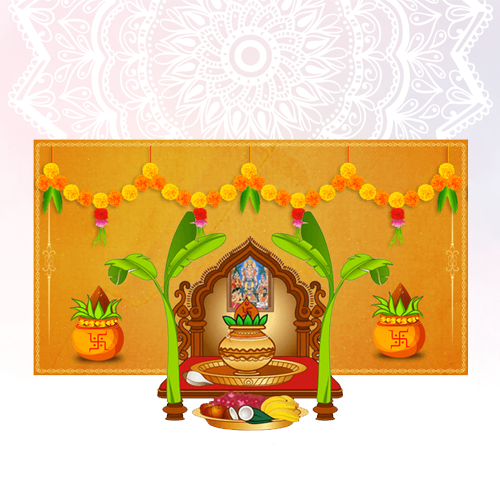
 Hindi, Sanskrit
Hindi, Sanskrit

 Noida
Noida

